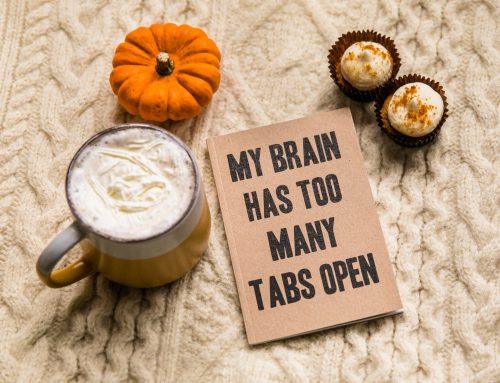by BPS Policy Unit
We live in uncertain times.
For many people, this is not a new feeling but an amplification of the difficult realities lived before lock-down.
For others, this has been a period where things are no longer clear and the security that underpinned individual realities has been shaken – in some cases for the first time.
We are all connected by this uncertainty and this sense of collective solidarity has helped us get through the past few months as a society.
However, we also know that the policies put in place for lockdown did not treat people the same or affect them equally.
It may be the same storm we are weathering but we remain in separate boats.
Access to gardens and green spaces. Reliance on public transport. The availability of safe childcare. Job security, the ability to work from home, the long-term viability of your industry… these factors (and more) all affect our lives at different and complicated levels and have been the subject of heightened and rapid policy-debate over the past few months.
This crisis has shown that it is impossible to keep emotion out of policy making. And psychology clearly shows that it would be an error to attempt to do so.
Difficult decisions have had to be taken quickly, with varying levels of success, emotional reaction and unintended consequences.
There is increasing scientific consensus that Covid-19 is here to stay. As are the difficult policy questions that arise from the pandemic.
Policy makers must take accountability for the fact that any decision or implemented policy will not affect everyone equally. There will be trade-offs, unavoidable challenges, winners and losers.
But there is a way to make policy that can manage these pitfalls and at the same time build the trust needed to make the policy a success. And that’s to openly discuss trade-offs and burdens with those who will be affected.
In order for this to happen, people need to be considered as decisions are being made, not just symbolically consulted, and informed once a decision has already been made.
People cannot simply be seen as amorphous units of society, relegated to being spectators and passive recipients of policy, and policy makers must avoid the mistake of speaking for people when we should instead be working with them.
In economics, there is an understanding that a model is only as good as its assumptions and that’s a useful place to start if we are willing and able to take the time to question our assumptions.
Simply invoking a “reference man” or “standard person” when designing policy is not fit for purpose when it comes to addressing the challenges and emotions we are facing as a society.
Human beings, by their very nature, are complex and often uncertain creatures, and we, as psychologists and policy makers, need to acknowledge and understand this as our starting position.
For the FULL ARTICLE CLICK HERE






